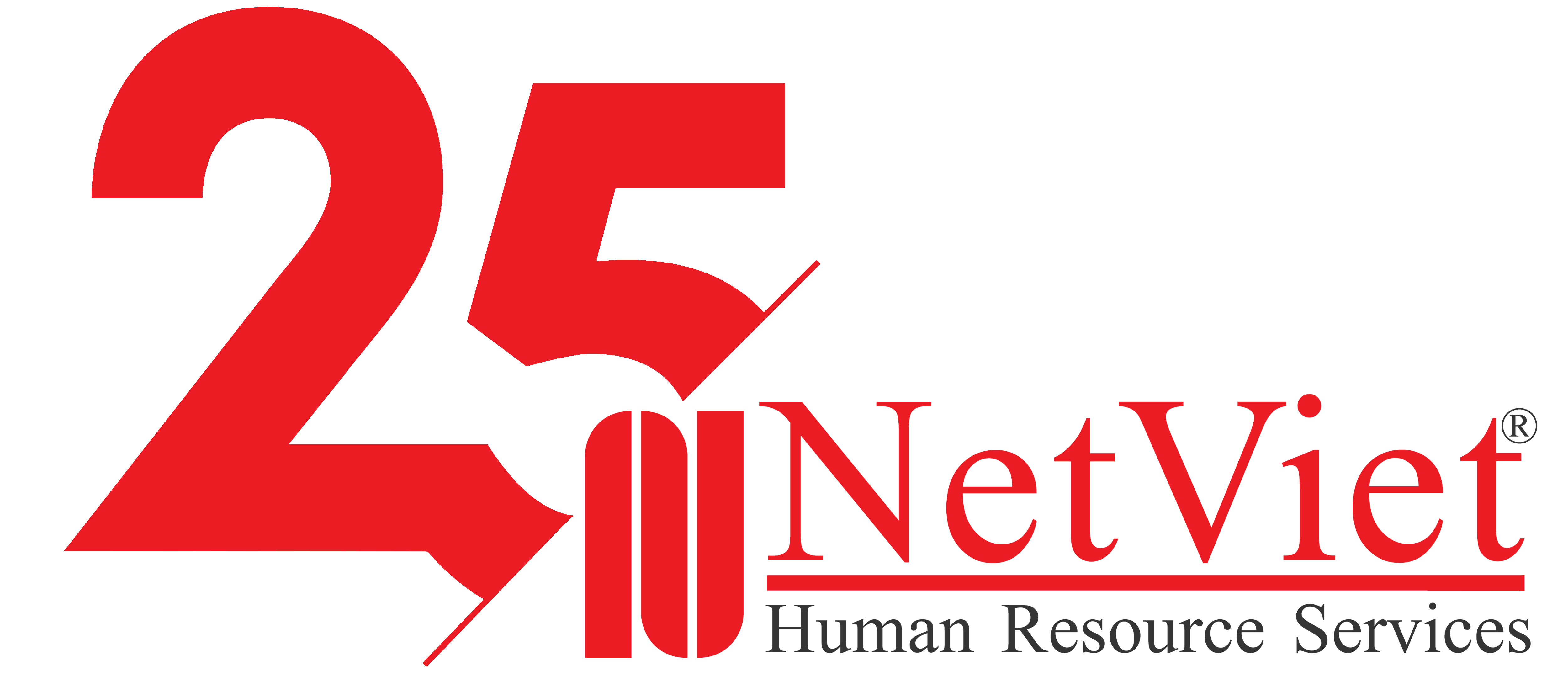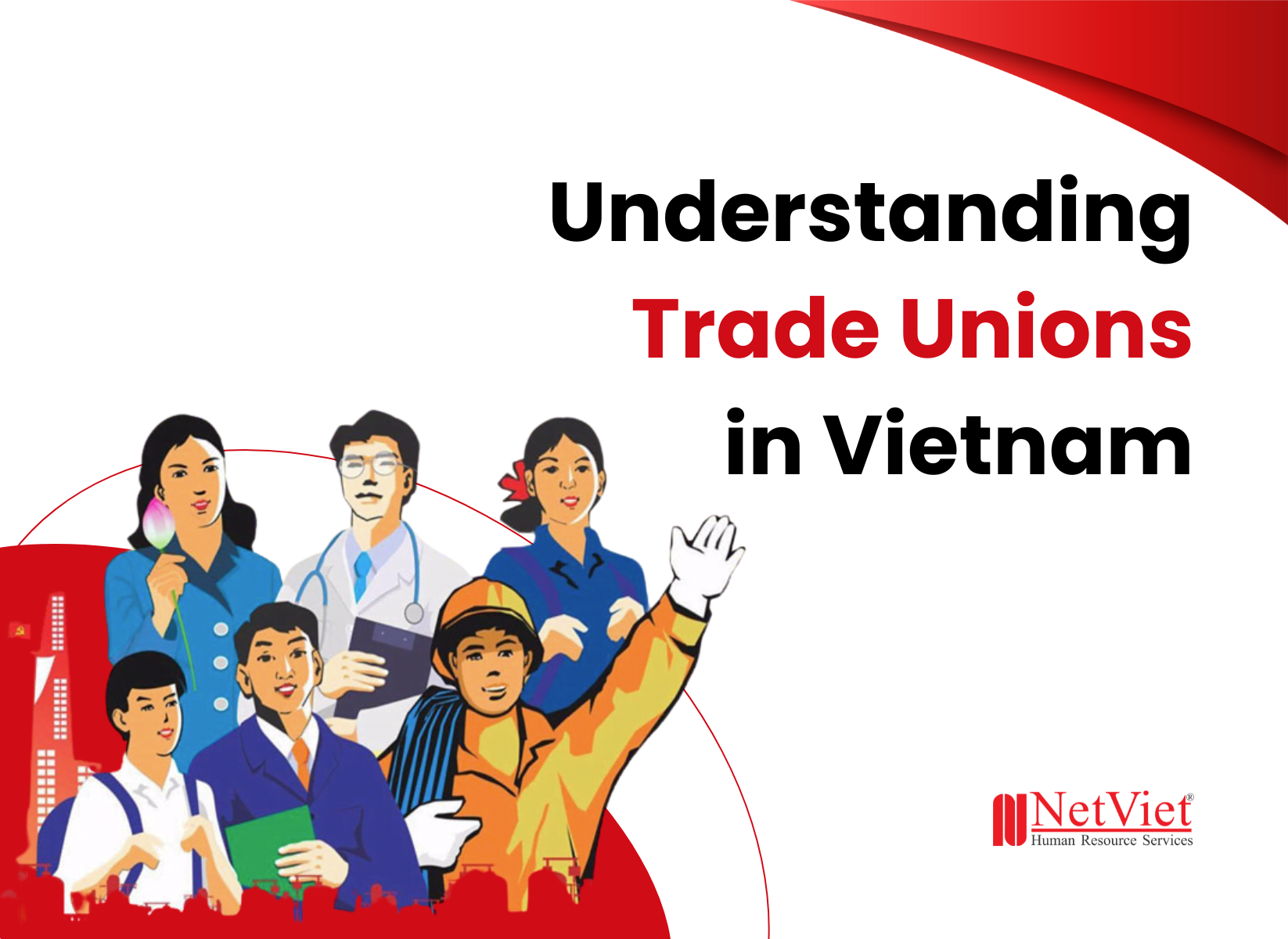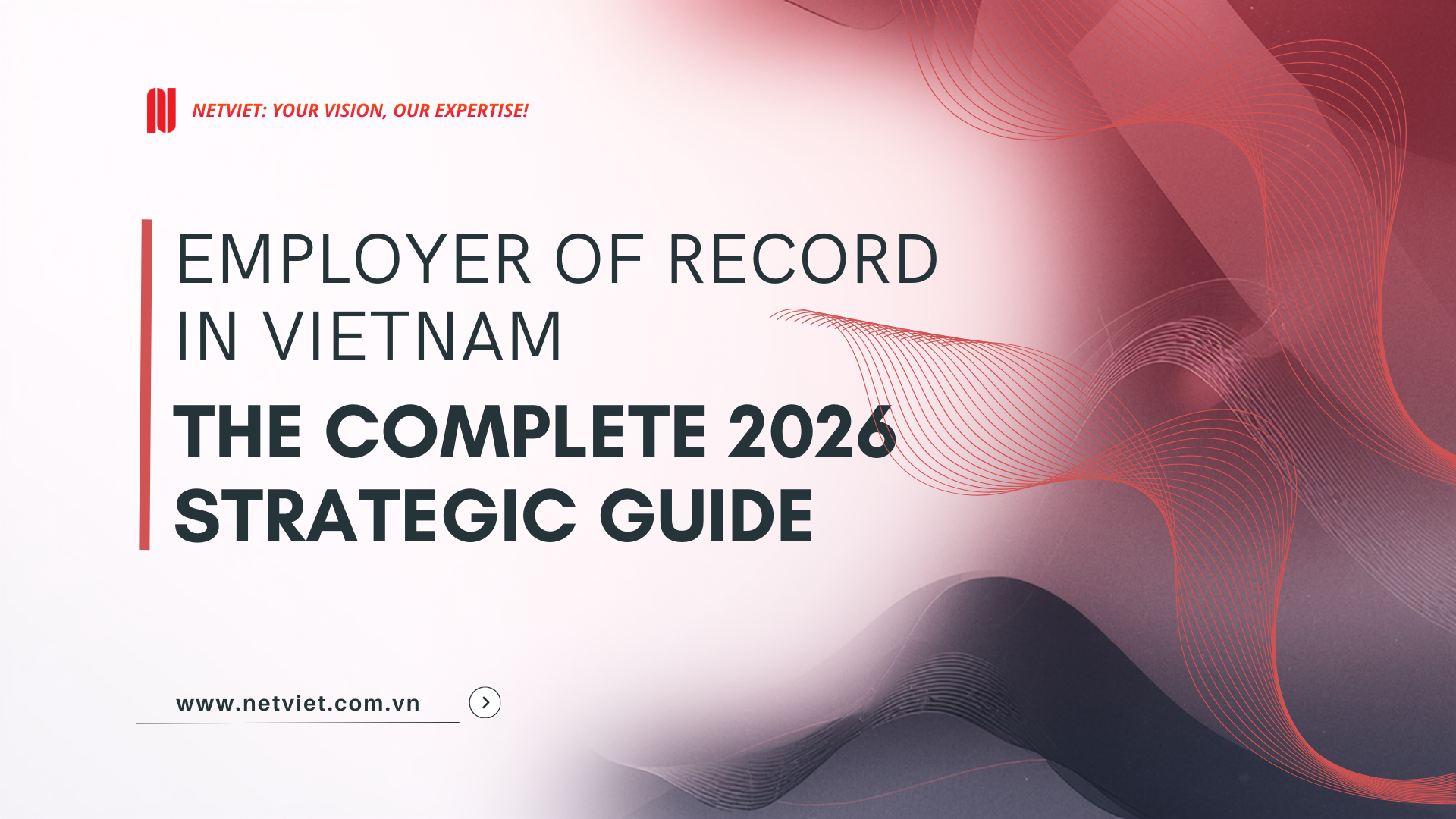Table of Contents
ToggleWhat Are Trade Unions?
In Vietnam, trade unions serve as socio-political organizations that represent the working class. Workers establish these unions voluntarily, and they function under the leadership of the Communist Party of Vietnam. Their core mission is to protect workers’ legitimate rights and interests while also supporting state management and socio-economic development.
Structure and Membership
Vietnam’s trade union system operates in a hierarchical structure. At the top sits the Vietnam General Confederation of Labor. Beneath it, various trade unions function at multiple levels. Primary trade unions form within individual organizations that employ workers — including state agencies, local businesses, foreign enterprises, and other entities.
Any Vietnamese worker employed in these organizations has the right to join a trade union. However, membership remains a personal choice, not an obligation.
Key Principles
-
Voluntary Basis: Workers choose whether to join; they are not obligated.
-
Democratic Centralism: Trade unions encourage member participation, while maintaining a unified, centralized direction.
-
Alignment with Law and Party: Trade unions operate in accordance with Vietnamese law and the Charter of Vietnamese Trade Unions. They also follow the guidance of the Communist Party.
Rights and Responsibilities of Trade Unions
Rights
-
Representation: Trade unions speak on behalf of workers in negotiations and disputes with employers.
-
Legal Support: They provide legal advice and assistance to members.
-
Policy Participation: Unions join policy-making processes, labor law inspections, and social dialogues.
-
Strikes: Under legal conditions, trade unions can lead strikes to advocate for workers’ rights.
Responsibilities
-
Worker Development: Unions promote education, training, and awareness of labor laws.
-
Harmonious Labor Relations: They help build constructive, cooperative relationships between employers and employees.
Finances: How Trade Unions Are Funded
Trade Union Funds
Employers must contribute 2% of their total payroll to trade union funds. The system distributes these contributions across different trade union levels.
Membership Fees
Union members pay 1% of their monthly salary (based on social insurance calculation), up to a capped amount. Trade union then allocate these funds across different levels as well.
⚠️ Important Note: Employees who are not union members do not pay membership fees.
Penalties for Non-Compliance
The law imposes penalties on both employers and employees who violate trade union obligations. For example:
-
Employers may be fined if they fail to contribute union funds or withhold required membership fees.
-
Employees who repeatedly avoid paying membership dues (without valid reasons) may face disciplinary measures.
Additional Points to Consider
-
Businesses Without Unions: Even if an organization doesn’t have a primary trade union, the employer still must contribute to the union fund.
-
Benefits of Membership: Joining a union grants workers access to representation, legal assistance, educational opportunities, and various other support services.
Conclusion
It is essential for anyone involving in Vietnam’s workforce to understand trade union. By following trade union regulations, both employers and employees contribute to a fair, balanced, and productive labor environment — one that actively protects workers’ rights while fostering economic progress.
*Disclaimer: This blog post provides general information on Vietnamese trade union and is not intended as legal advice. Labor laws and regulations are subject to change. For accurate and up-to-date guidance, please consult a qualified Vietnamese labor lawyer or a representative from the Vietnam General Confederation of Labor. The author and publisher are not liable for actions taken based on this information. *
FIND OUT MORE ABOUT OUR SERVICE: Employer of Record in Vietnam – NetViet HRS
- Phone: +84 28 6261 7310
- Email: info@netviet.com.vn
- Website: www.netviet.com.vn
- Facebook | LinkedIn | Twitter














